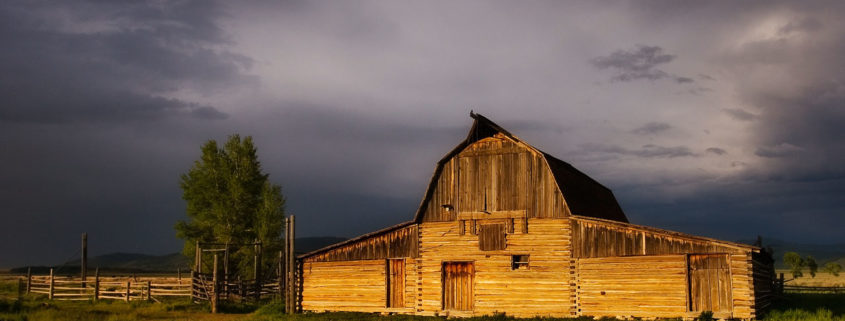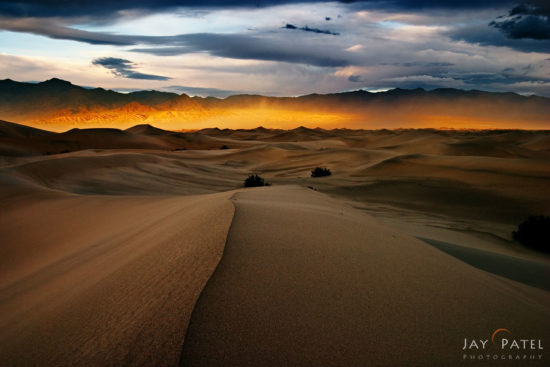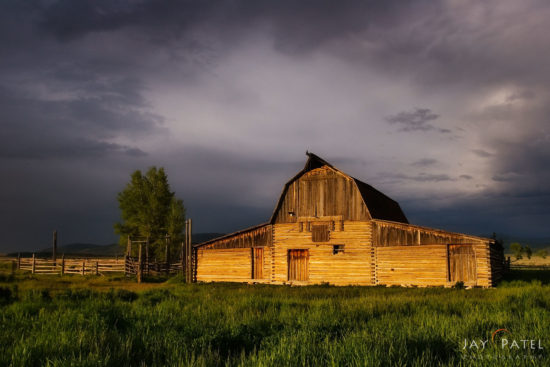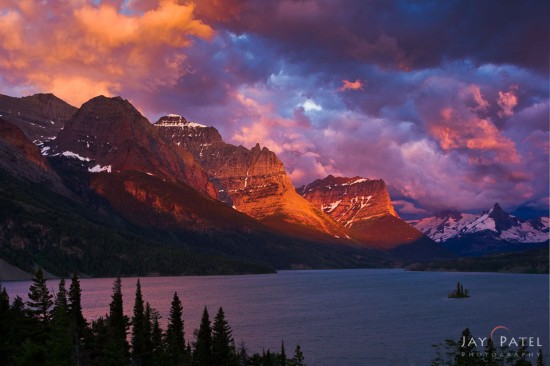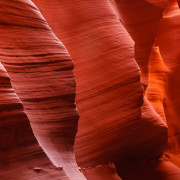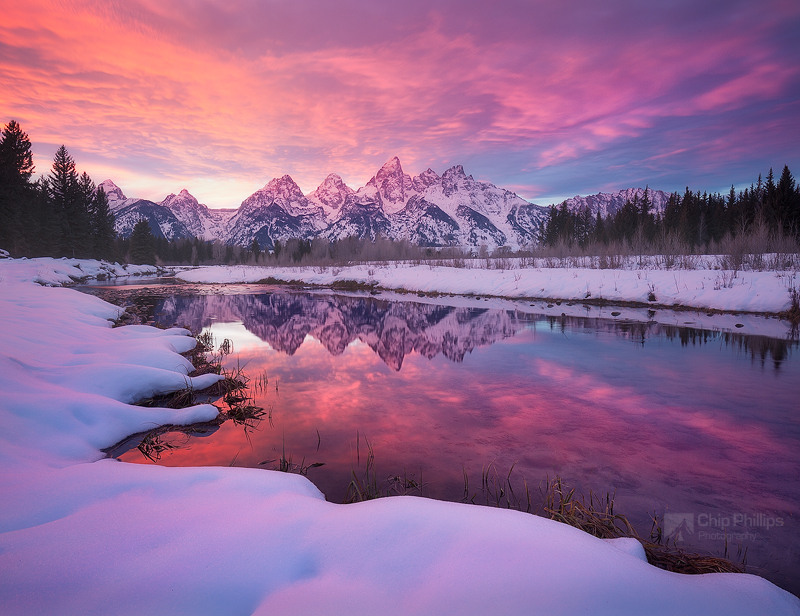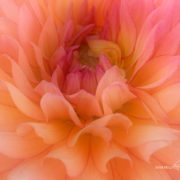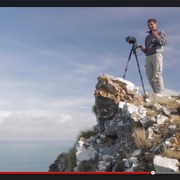Why Better Camera Won’t Make You a Better Photographer
As photographers, we often wonder: “Will a new camera make my photos better?” The allure of upgraded gear is strong—higher resolution, faster autofocus, better low-light performance. But before you invest in the latest DSLR or mirrorless camera, it’s important to ask yourself:
Am I truly limited by my current gear, or do I just need to improve my skills?
Many photographers assume that better equipment automatically leads to better images. However, as real-world examples show, stunning, award-winning photos have been captured with older, “outdated” cameras. The truth is, skill, creativity, and technical knowledge matter far more than the camera itself.
In this article, we’ll explore whether you’re truly ready for an upgrade—or if mastering your current gear is the smarter move.
Your Camera Doesn’t Define Your Photography
Great Photos Come from Skill, Not Just Gear
Take Varina Patel’s experience as an example. One of her most successful images—published in Popular Photography Magazine and sold as prints countless times—was taken with a Canon 20D, an older, consumer-level camera. No publisher or buyer ever asked what camera she used; they only cared about the image quality.
Similarly, Jay Patel’s highest-selling photo was captured with a Canon 10D, an even older model. Magazine and calendar companies don’t prioritize gear—they care about high-resolution, sharp, noise-free images that can be printed effectively. The camera brand? Irrelevant.
The Perception vs. Reality of Expensive Gear
Have you ever noticed how people assume you’re a better photographer just because you have a big, expensive-looking lens? Varina experienced this firsthand when she brought her Canon 7D with a 70-200mm lens to a soccer game. A complete stranger standing next to her immediately assumed her photos must be incredible—based purely on the fact that she was holding a new camera and a beautiful long lens.
But here’s the reality: Most of her shots from that lens were simple snapshots of kids playing soccer—not fine art. Her best work often comes from her Canon 10-22mm wide-angle lens, a modest, non-L-series lens. The lesson? Fancy gear doesn’t automatically equal better photos.
Will a New Camera Make You a Better Photographer?
It’s easy to believe that upgrading to the latest camera will instantly elevate your photography. After all, manufacturers constantly promote higher megapixels, faster autofocus, improved dynamic range, and blazing-fast burst modes as game-changing features. And while these advancements can certainly help in specific situations, they won’t compensate for a lack of foundational skills.
What a New Camera Can Do
A modern camera might offer:
- Higher Megapixels – Great for large prints or heavy cropping, but only if your composition and sharpness are already strong.
- Better Autofocus – Useful for fast-moving subjects (sports, wildlife), but won’t help if you don’t understand focus modes or back-button focusing.
- Improved Dynamic Range – Helps recover shadows/highlights, but won’t fix poorly exposed shots if you don’t know how to read a histogram.
- Faster Burst Modes – Good for action shots, but won’t improve your timing or anticipation of decisive moments.
What a New Camera Can’t Fix
If you struggle with:
- Blurry or Out-of-Focus Shots – This is often due to incorrect shutter speed, poor focusing technique, or camera shake—not your camera’s age.
- Poor Exposure Control – If you don’t understand the exposure triangle (ISO, aperture, shutter speed), even the best sensor won’t save you.
- Uninspired Compositions – No camera automatically frames a great shot; that’s entirely up to your artistic eye.
- Weak Post-Processing Skills – A RAW file from a $5,000 camera still needs proper editing to shine.
The Real Question: Are You Using Your Current Gear to Its Full Potential?
Before upgrading, ask yourself:
- Have I mastered manual mode on my current camera?
- Do I consistently get sharp, well-exposed images in different lighting conditions?
- Can I visualize and execute strong compositions without relying on cropping later?
- Am I comfortable processing RAW files to maximize image quality?
If the answer is no, then a new camera will only give you the same bad photos—just with more megapixels.
What Should You Do Instead of Upgrading?
Before rushing to buy that shiny new camera, ask yourself: “Have I truly outgrown my current gear—or am I just out of ideas?” The truth is, most photographers see bigger improvements by mastering their craft rather than upgrading equipment. So, if you’re still learning the basics, investing in education will yield far better results.
Here’s how to get better results without spending a dime on new gear:
1. Take a Photography Class
Instead of investing in a new camera, invest in your skills. Many local camera clubs and online courses (including ours!) offer training on:
- The Exposure Triangle (ISO, aperture, shutter speed) – The foundation of every great photo.
- Composition Techniques – Learn the rule of thirds, leading lines, and framing to create stronger images.
- Post-Processing Skills – Because even the best RAW files need proper editing to shine.
Free tutorials on YouTube and blogs can be a goldmine—start there before committing to paid courses.
2. Practice with What You Have
Your current camera is more capable than you think. Push its limits by:
- Shooting in low light to learn noise control.
- Capturing fast action to master focus tracking.
- Experimenting with high-contrast scenes to improve dynamic range handling.
3. Seek Feedback (The Fastest Way to Improve)
Posting your work online and asking for critiques can be humbling—but it’s one of the fastest ways to grow. Join:
- Photography forums (like DPReview or Reddit’s r/photography).
- Facebook groups for photographers in your niche.
- Local meetups where you can exchange tips with peers.
Constructive criticism stings at first, but it’s far more valuable than a new camera.
4. Study Histograms & RAW Editing
If you’re not using these tools, you’re missing out on huge quality improvements:
- Histograms – Learn to read them to nail exposure every time.
- RAW Editing – Programs like Lightroom or Darktable unlock your camera’s full potential.
Many editing software options have free trials—test them before committing.
Conclusion: Should You Upgrade Your Camera?
The answer depends on your skill level and needs. If you’ve outgrown your current gear and need advanced features, an upgrade makes sense. But if you’re still struggling with the basics, a new camera won’t magically improve your work.
Remember:
- Great photos come from knowledge, not just gear.
- Publishers and buyers care about image quality, not your camera model.
- Expensive lenses don’t guarantee better shots—technique does.
Before spending thousands on a new camera, ask yourself: “Have I truly mastered the one I have?” If not, focus on learning, practicing, and refining your skills—because that’s what makes a better photographer.

